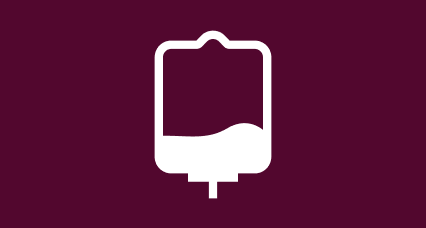Myeloma treatment and side effects
Myeloma can't be cured but it can be treated. There are many different treatments and more treatments are being developed.

Treatment aims and types
Treatment aims to bring you into remission (a stable phase). There are different treatment options that work in different ways.
Treatment explained

First line treatments
Your first myeloma treatment is likely to be given in three stages. It may involve a stem cell transplant using your own cells.
Your first treatment

Relapsed myeloma treatment
There are many different treatments for myeloma that has come back after a stable period, and more are being developed.
Options after relapse

Treatment side effects
Your hospital team will help you manage the side effects of treatment so it's important to tell them about changes you notice.
Find out more

Managing the effects of myeloma
Myeloma can cause symptoms or complications that need specific treatment, sometimes from another specialist team.
Support you may need

How to support a loved one
Read advice and stories from people who have helped a friend or family member get through blood cancer treatment.
For family and friends
This information has been accredited with the PIF TICK, the UK's only quality mark for trusted health information.
Thank you to Consultant Haematologists Dr Lydia Eccersley and Dr Emma Searle for checking the clinical accuracy of our myeloma information.
